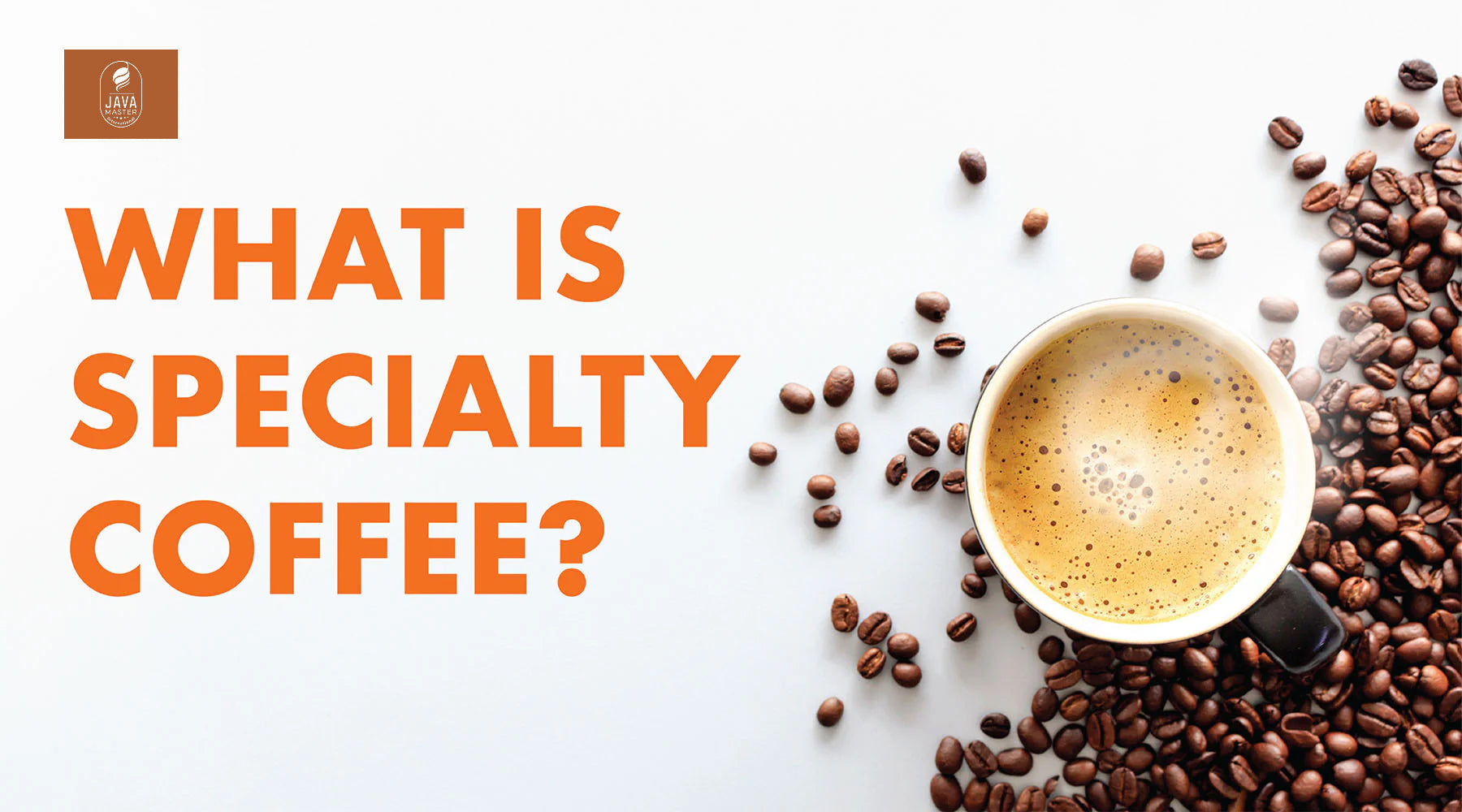Understanding Specialty Coffee
Have you ever wondered, 'What exactly is specialty coffee?' It's not just a buzzword but a meticulous standard that defines the pinnacle of coffee quality. "Specialty coffee" has gained prominence in the coffee marketplace, signifying a commitment to quality, flavor, and ethical sourcing. This blog post aims to explore the intricacies of specialty coffee, from what it is to the qualifications that set it apart in the coffee industry.
What exactly is Specialty Coffee?
At its core, specialty coffee represents the highest grade of coffee available. Specialty coffee is crafted with precision and care, ensuring a superior cup that captivates the senses. Beyond taste, it encompasses a holistic approach to coffee production, emphasizing sustainability, ethical sourcing, and excellence from start to finish. Moreover, specialty coffee strongly emphasizes sustainability and ethical sourcing, fostering a connection between the coffee consumer and the communities that cultivate these exceptional beans.
Qualifications for Specialty Coffee
To be deemed specialty coffee, specific qualifications must be met. One crucial aspect is the expertise of Q Graders, professionals trained to assess and score coffee based on rigorous standards. For any coffee to be elevated to specialty status, it must achieve a score of 80 or more from the Q Grades on their 100-point scale.
Graders start with an assessment of the unroasted green coffee beans. They meticulously evaluate for defects, considering factors like color and odor to determine intrinsic quality. Only beans with exceptional characteristics advance to the cupping stage. During cupping, a panel of Q Graders assesses flavor and aroma using a standardized scoring sheet. This process highlights the emphasis on quality from the coffee's origin, highlighting the commitment to excellence. This meticulous scoring system ensures that only the highest quality beans achieve the esteemed specialty coffee label. Additionally, a complete evaluation starting from cultivation and ending with the cup underscores an unwavering commitment to excellence in every step of the process.
What Coffees Can Be Labeled as Specialty?
Specialty coffee isn't confined to a specific species; it's about achieving a remarkable 80-point threshold. Arabica coffee beans typically comprise the vast majority of specialty coffee, and it's not a coincidence. The inherent qualities of Arabica beans contribute to an elevated taste experience. Known for their sweeter, smoother, and more complex flavor profile, Arabica beans are cultivated at higher altitudes with lower caffeine levels, undergoing a meticulous process that enhances their unique qualities. In contrast, Robusta beans, with their higher caffeine content and more pronounced taste, typically do not carry the designation of specialty coffee.In conclusion, specialty coffee is a testament to meticulous coffee craftsmanship and an unwavering commitment to excellence. At Java Master, we show that commitment to excellence in everything we do, which is how we provide you and your customers with the finest cup of coffee possible. Contact us today to discover how we can elevate your customers' coffee experiences. You can be confident that you're receiving the best specialty coffee with us. Let's embark on a journey of better, fresher coffee together.

